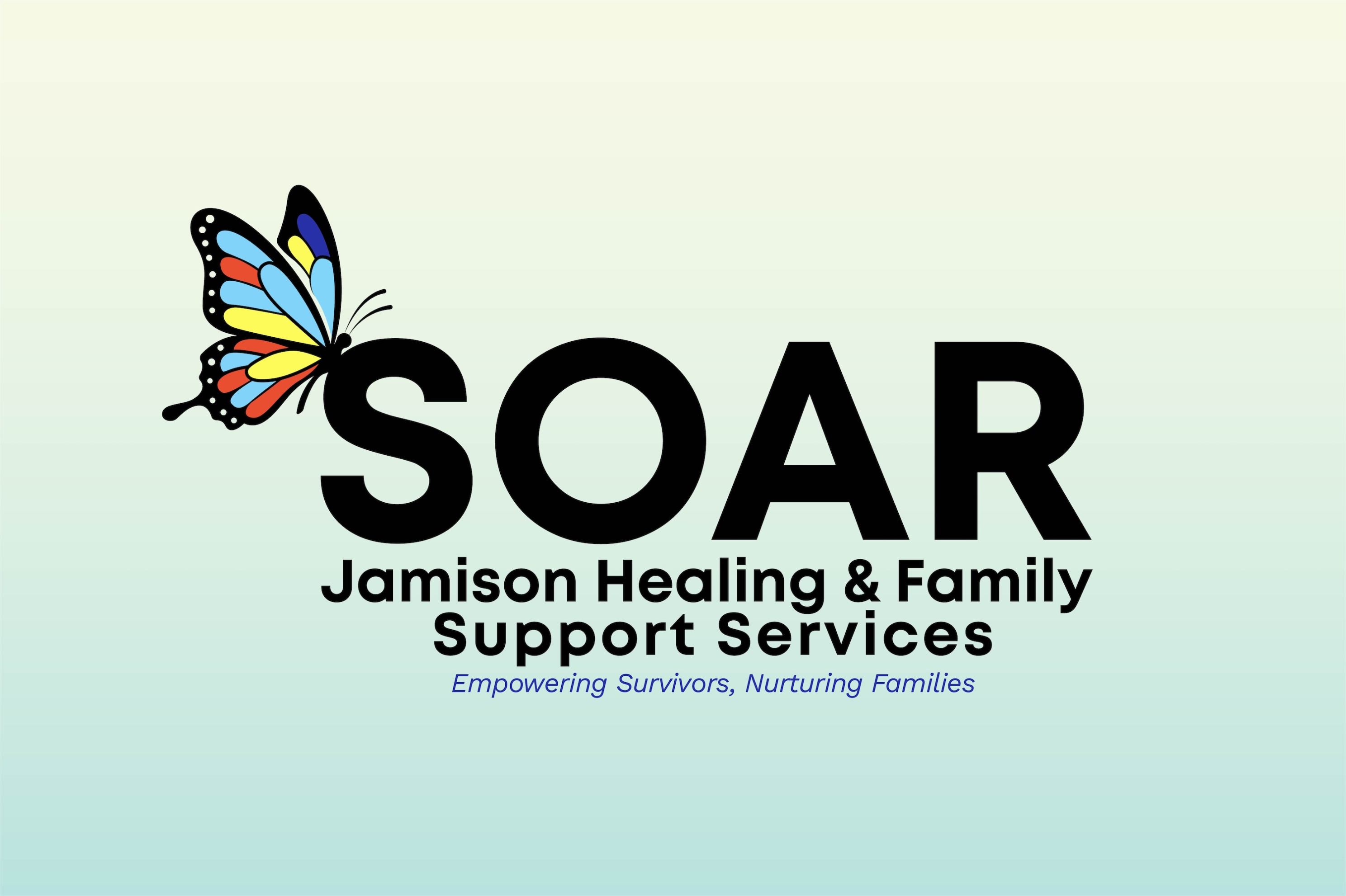Empowering Self-Care Strategies for Trauma Survivors to Enhance Daily Life
- Lati'a Sheppard-Wilson MS

- Oct 29, 2025
- 4 min read
When facing everyday challenges, self-care is not merely a luxury. It is a necessity, especially for trauma survivors. Healing can be a long road, but integrating self-care practices into daily routines can significantly improve the quality of life. This blog post will cover effective self-care strategies and practical life hacks that empower trauma survivors to reclaim their lives and build resilience.
Understanding the Importance of Self-Care
Self-care means actively looking after your well-being and happiness. For trauma survivors, it is a critical tool for managing symptoms of anxiety, depression, and PTSD. By understanding and fulfilling your needs, you can improve your mental and emotional health.
Self-care is not the same for everyone. What works for one person may not work for another. The goal is to experiment with different strategies to find what feels right for you.
Establishing a Routine
Creating a daily routine can provide essential structure and stability, often lacking in the lives of trauma survivors. A stable routine can help lower anxiety and create a feeling of normalcy. Here are some tips for establishing a self-care routine:
Start Small: Choose simple activities you enjoy, like reading a chapter of a book, taking a 20-minute walk, or practicing breathing exercises. Gradually add more self-care practices as you feel more comfortable.
Set Realistic Goals: Focus on achievable goals. For example, aim to drink eight glasses of water daily or set aside 10 minutes for meditation. These small changes can lead to better habits over time.
Prioritize Sleep: Quality sleep is vital for mental health. Establish a bedtime routine, such as reading or listening to calming music, to signal to your body that it's time to rest.
Incorporate Movement: Regular physical activity has profound effects on mental health. Try activities like yoga, dancing, or brisk walking. Research shows that even 30 minutes of aerobic exercise three times a week can reduce symptoms of anxiety and depression by up to 40%.
Schedule Downtime: Make time for relaxation. This could be enjoying a hobby, spending time outdoors, or taking a quiet moment to yourself.
Mindfulness and Meditation
Mindfulness practices can help trauma survivors reconnect with their bodies and emotions. These methods can lower stress, improve focus, and foster emotional regulation. Here are ways to incorporate mindfulness into your life:
Breathing Exercises: Spend a few minutes each day focusing on your breath. Inhale deeply through your nose, hold for a count of four, and exhale through your mouth. This simple act can center you and help you feel more grounded.
Guided Meditations: There are numerous apps like Headspace and Calm that offer guided meditations designed for trauma survivors, creating a safe space to explore thoughts and feelings.
Mindful Walking: Go for a walk in a nearby park. Focus on your surroundings—the chirping of birds, rustling leaves, and the feel of the ground beneath your feet. Engaging with nature can provide a sense of peace and connection.
Journaling: Consider writing down your thoughts and feelings regularly. Keeping a gratitude journal, where you list three things you are thankful for each day, can shift your focus to the positive aspects of your life and boost your mood.

Building a Support System
A strong support system is crucial for trauma survivors. Surrounding yourself with understanding and compassionate individuals can significantly impact your healing journey. Here are ways to build and maintain your support network:
Reach Out: Don’t hesitate to connect with friends, family, or support groups. Sharing your experiences with others who understand can be incredibly validating.
Seek Professional Help: Find a therapist or counselor experienced in trauma. They can offer personalized guidance and support for your needs.
Join Support Groups: Many communities host support groups for trauma survivors(Soar Jamison Healing and Damily Support Services). These gatherings provide a safe environment to share experiences and learn from others.
Engage in Community Activities: Participating in local events or volunteer opportunities can help you build connections and establish a sense of belonging.
Nutrition and Self-Care
Nutrition deeply affects mental health. For trauma survivors, paying attention to what you eat is vital. Here are some tips for better eating habits:
Balanced Diet: Aim for a variety of foods rich in fruits, vegetables, whole grains, and lean proteins. Research indicates that a balanced diet can improve mood and energy levels.
Stay Hydrated: Drinking enough water is essential. Studies show that dehydration can lead to fatigue and irritability, so prioritize hydration throughout your day.
Mindful Eating: Practice being aware of the flavors, textures, and sensations of your food. This approach can help you cultivate a healthier relationship with what you consume.
Limit Processed Foods: Reducing your intake of processed foods and sugars can boost your mood. These types of foods can lead to energy crashes and mood swings.
Creative Outlets for Healing
Engaging in creative activities offers trauma survivors a powerful form of self-care. Creativity fosters self-expression and can be a therapeutic outlet. Consider these creative practices:
Art Therapy: Try painting, drawing, or crafting to express your emotions. The process of creating can be healing, regardless of skill level.
Writing: Write poetry, stories, or reflections. Putting your thoughts to paper can help you process experiences.
Music: Listen to or create music to connect with your emotions. Learning an instrument or simply enjoying your favorite songs can be empowering.
Dance: Dancing is a joyful way to move your body and release pent-up emotions. It can help you feel free and more connected to yourself.
Embracing Your Healing Journey
Self-care is a crucial part of healing for trauma survivors. By embracing these strategies in your daily life, you can boost your well-being and foster resilience. Remember, healing is a journey. It’s okay to take it one step at a time. Be gentle with yourself, celebrate small victories, and know that you are not alone. With the right self-care practices, you can reclaim your life and thrive.





Comments